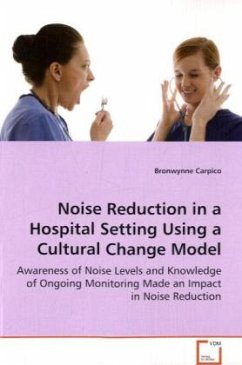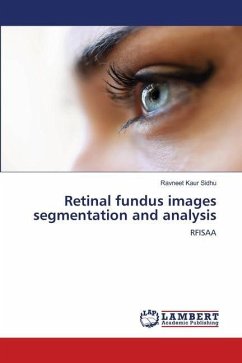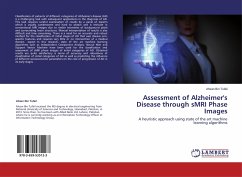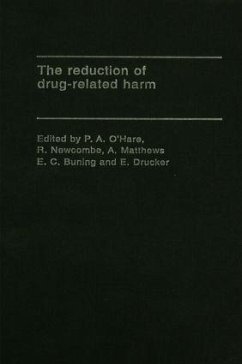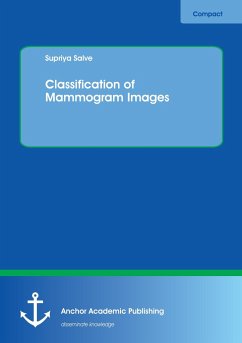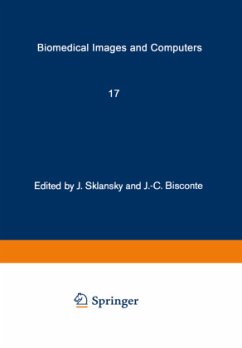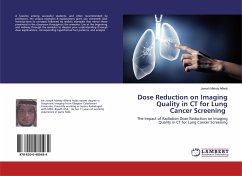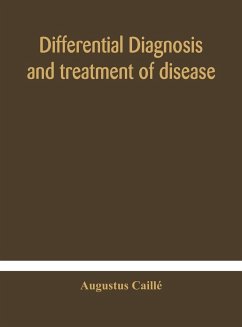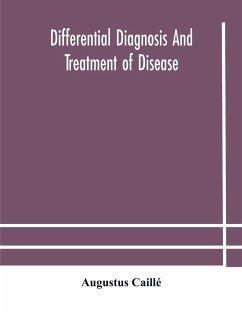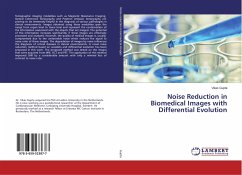
Noise Reduction in Biomedical Images with Differential Evolution
Versandkostenfrei!
Versandfertig in 6-10 Tagen
36,99 €
inkl. MwSt.

PAYBACK Punkte
18 °P sammeln!
Tomographic imaging modalities such as Magnetic Resonance Imaging, Optical Coherence Tomography and Positron emission tomography are proving to be immensely helpful in the diagnosis of various pathologies in clinical environments. Images obtained using these modalities span the range from organ level to tissue level and represent the condensation of the information associated with the objects that are imaged. The potential of this information increases significantly, if these images are effectively processed and analyzed. However, the quality of medical images is, usually, compromised due to t...
Tomographic imaging modalities such as Magnetic Resonance Imaging, Optical Coherence Tomography and Positron emission tomography are proving to be immensely helpful in the diagnosis of various pathologies in clinical environments. Images obtained using these modalities span the range from organ level to tissue level and represent the condensation of the information associated with the objects that are imaged. The potential of this information increases significantly, if these images are effectively processed and analyzed. However, the quality of medical images is, usually, compromised due to the undesirable noise which reduces the signal to noise ratio of these images. The degradation of images by noise influences the diagnosis of critical diseases in clinical environments. A novel noise reduction method based on wavelets and differential evolution has been proposed in this work. The proposed method was tested on the images that were acquired from MRI, OCT and PET. The application of this method improved SNR by a considerable amount with only a minimal loss of contrast to noise ratio.



